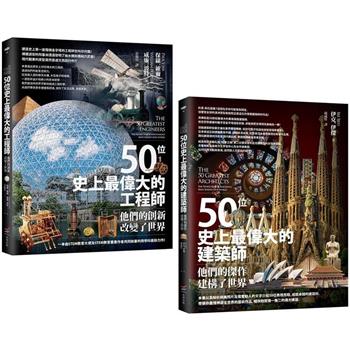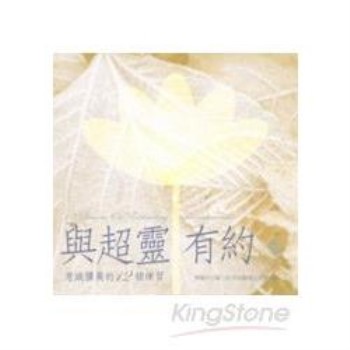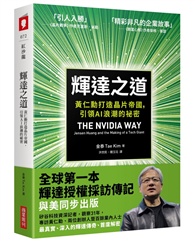Now available in a new, updated edition, this groundbreaking book on post-Mao China, written by the distinguished Asian scholar Immanuel C.Y. Hsü, explores the astonishing transformation that has occurred there. Since Mao Zedong’s death in 1976, China’s leaders have launched an ambitious modernization program aimed at making their nation a relatively prosperous socialist state by the year 2000.
Along with the first edition’s examination of the smashing of the Gang of Four, the evolution of a new order under Deng Xiaoping, the manner and costs of modernization, the normalization of relations with the United States, and the prospects for reunification with Taiwan, the second edition offers an insider’s view into China’s policies of accelerated economic development and opening to the outside world, adopted at a December 1978 party conference. Focusing on the cultural impact of these policies, Hsü candidly reveals both the improved standard of living and the serious fundamental problems--including high inflation, widespread corruption, crises in leadership, loss of faith in communism, and especially the recent student protests--resulting from these recent developments. The new edition also includes a postscript which takes into account the causes and consequences of the Tian An Men Square massacre in June of 1989.
| FindBook |
有 1 項符合
China Without Mao: The Search for a New Order的圖書 |
 |
China Without Mao: The Search for a New Order 作者:Hsu 出版社:Oxford University Press, USA 出版日期:1990-03-22 語言:英文 規格:平裝 / 352頁 / 21.1 x 14 x 1.8 cm / 普通級 |
| 圖書館借閱 |
| 國家圖書館 | 全國圖書書目資訊網 | 國立公共資訊圖書館 | 電子書服務平台 | MetaCat 跨館整合查詢 |
| 臺北市立圖書館 | 新北市立圖書館 | 基隆市公共圖書館 | 桃園市立圖書館 | 新竹縣公共圖書館 |
| 苗栗縣立圖書館 | 臺中市立圖書館 | 彰化縣公共圖書館 | 南投縣文化局 | 雲林縣公共圖書館 |
| 嘉義縣圖書館 | 臺南市立圖書館 | 高雄市立圖書館 | 屏東縣公共圖書館 | 宜蘭縣公共圖書館 |
| 花蓮縣文化局 | 臺東縣文化處 |
|
|
圖書介紹 - 資料來源:博客來 評分:
圖書名稱:China Without Mao: The Search for a New Order
內容簡介
|










